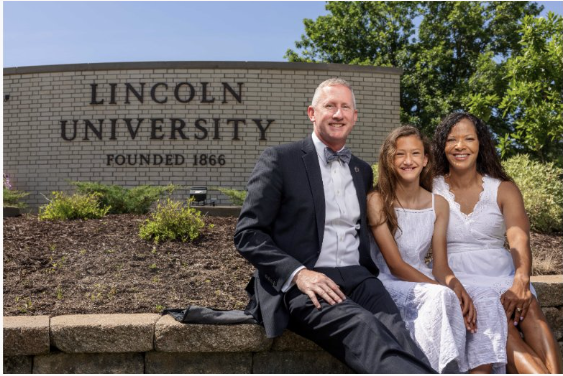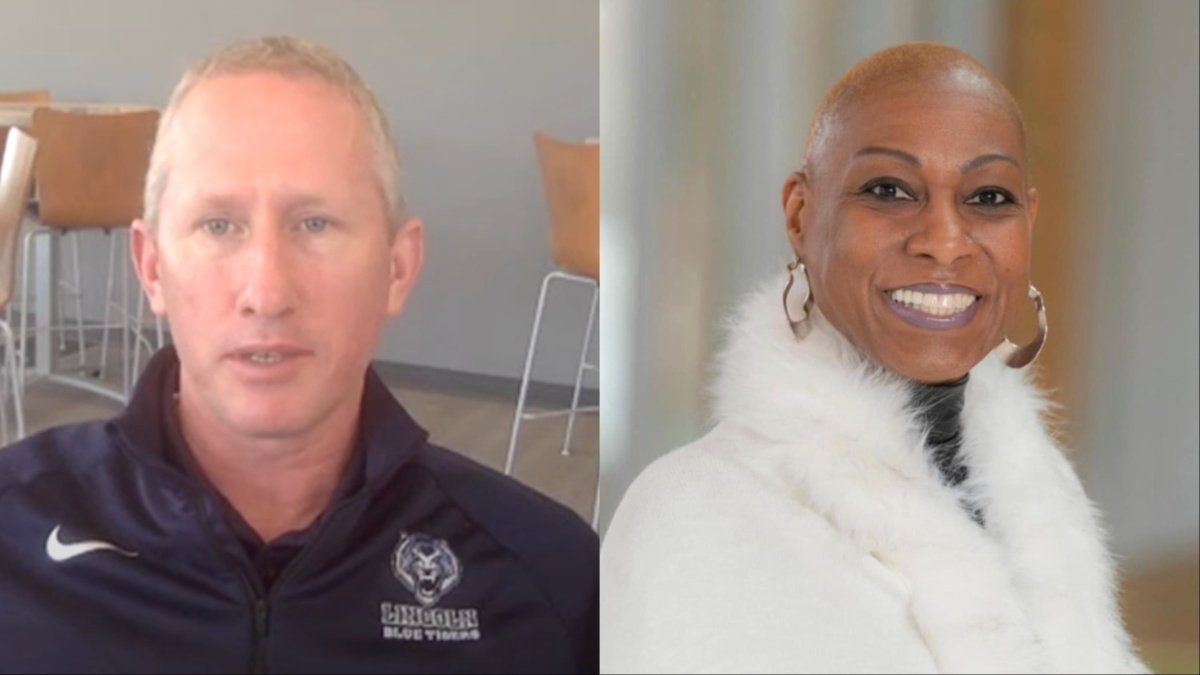The Lincoln University of Missouri, a historically Black college and university (HBCU), is grappling with the tragic death of Antoinette “Bonnie” Candia-Bailey, the former Vice President of Student Affairs. Candia-Bailey, who was Black, died by suicide on Monday, sparking allegations of racism and mistreatment, with some alumni blaming the university’s president, John B. Moseley, who is white.
According to Sherman Bonds, the president of Lincoln’s National Alumni Association, Candia-Bailey had recently been fired before her death. In an email sent on January 8, Candia-Bailey cited mental health struggles and accused Moseley of intentional harassment and bullying. The email detailed instances where she felt set up to fail under Moseley’s leadership.

The email mentioned her receiving a low score of 36 out of 100 in a November 2023 professional evaluation without clear explanations. Candia-Bailey, who joined the university in May 2023, expressed that her challenges began after submitting FMLA and ADA documents related to her severe depression and anxiety.
Candia-Bailey’s death has prompted a review of President Moseley by the university’s board of curators. Moseley has volunteered to be placed on paid administrative leave during the review, and a third-party expert will conduct the probe. The board emphasized its commitment to prioritizing the mental health of employees and ensuring a dignified and respectful treatment for everyone.
The tragic incident has ignited discussions about racial dynamics at Lincoln University and broader issues of representation. Social media posts with hashtags #firemoseley and #justiceforbonnie question the leadership of a white president overseeing a Black college. Frances E. Curtis, an alumna and sorority member, expressed dissatisfaction with Moseley’s leadership in a letter posted on the Lincoln alumni association’s Facebook page. Moseley is the first white president of Lincoln since 1922.
Data shows that 44% of the university’s students identify as Black, while 40% identify as white. Some alumni believe that racial dynamics played a significant role in the mistreatment Candia-Bailey allegedly endured.
Chazz Robinson, an education policy adviser, emphasized the need to recognize mental health issues and create supportive workplace environments. He shared his positive experiences with Candia-Bailey, describing her as special and someone who encouraged and uplifted others.
Sherman Bonds, the National Alumni Association president, expressed concerns about Moseley’s leadership since his appointment in early 2022. He called the present administration a liability to the institution’s mission and health in a letter dated January 9.
Amid the grieving Lincoln community, there are calls for change and introspection. Some alumni view Candia-Bailey’s death as a tragic reminder of the challenges faced by Black women and advocate for better support systems and environments.
The Lincoln University of Missouri posted a brief tribute to Candia-Bailey on Facebook, acknowledging her as a gifted colleague and passionate advocate for the university and HBCUs. The university and Moseley did not immediately respond to requests for comment.
As the Lincoln and broader HBCU communities mourn the loss of Candia-Bailey, questions about racial dynamics, mental health support, and leadership accountability remain at the forefront of the discussion.
